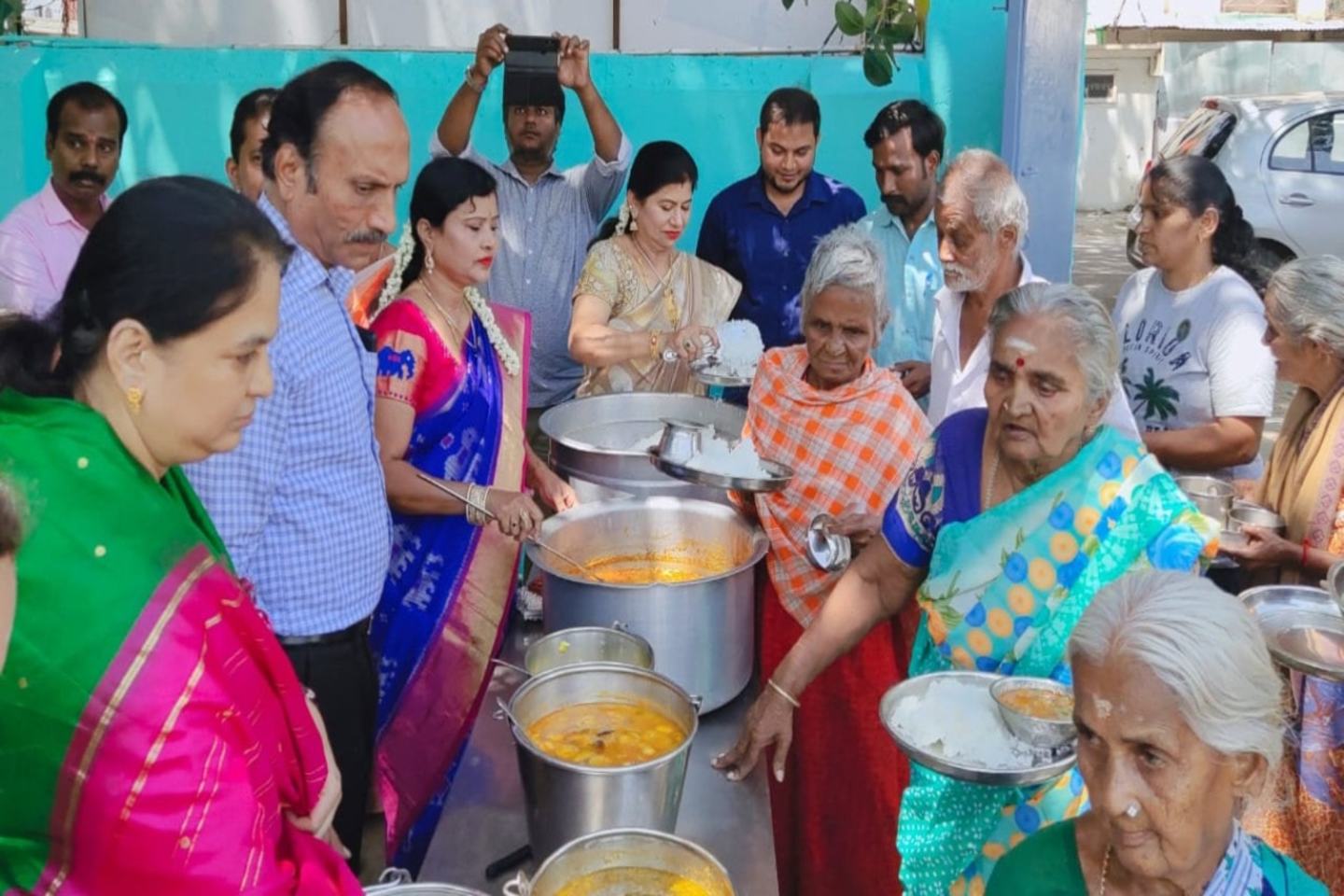NGOs and Humanitarian Aid: Responding to Crises like Natural Disasters
In a world constantly facing the wrath of natural disasters, the role of Non-Governmental Organizations (NGOs) in providing humanitarian aid has become increasingly vital. When nature unleashes its fury through earthquakes, hurricanes, floods, or wildfires, NGOs step in as beacons of hope, offering support, relief, and rebuilding efforts. This symbiotic relationship between NGOs and disaster response is crucial for the survival and recovery of affected communities.
1. Immediate Response and Relief: NGOs play a pivotal role in the immediate aftermath of natural disasters. These organizations are often the first on the ground, providing emergency relief such as food, clean water, shelter, and medical assistance. Through their established networks and partnerships, NGOs can quickly mobilize resources and deploy teams to affected areas. This rapid response is critical in saving lives and alleviating the immediate suffering of those caught in the midst of a disaster.
2. Coordination and Collaboration: Effective disaster response requires seamless coordination and collaboration among various stakeholders. NGOs act as coordinators, working alongside government agencies, international organizations, and local communities to ensure a unified and efficient response. This collaboration maximizes the impact of aid efforts and minimizes duplication, ensuring that resources are utilized effectively to address the most pressing needs.
3. Community-Centric Approach: NGOs prioritize a community-centric approach in their humanitarian efforts. By engaging with local communities, understanding their specific needs, and involving them in the decision-making process, NGOs ensure that assistance is tailored to the unique challenges faced by each community. This approach fosters a sense of empowerment and resilience, allowing communities to actively participate in their own recovery.
4. Long-Term Recovery and Rehabilitation: While immediate relief is crucial, NGOs recognize the importance of long-term recovery and rehabilitation. Beyond the initial response, these organizations remain committed to rebuilding infrastructure, restoring livelihoods, and enhancing the overall resilience of communities. Through sustainable development projects, NGOs contribute to the reconstruction of homes, schools, and essential facilities, fostering a sense of normalcy and stability.
5. Capacity Building and Preparedness: NGOs are not only responders but also proactive advocates for disaster preparedness. By investing in community training programs, early warning systems, and infrastructure development, NGOs contribute to building the resilience of communities against future disasters. This emphasis on preparedness helps mitigate the impact of disasters and enables communities to respond more effectively when faced with adversity.
6. Challenges and Innovations: While NGOs play a crucial role in disaster response, they also face challenges such as logistical constraints, funding limitations, and complex political environments. However, these challenges often fuel innovation. NGOs leverage technology, data analytics, and partnerships to overcome obstacles and enhance the efficiency of their operations, ensuring that aid reaches those who need it most.
In conclusion, the collaboration between NGOs and disaster response is a testament to human solidarity in the face of adversity. By providing immediate relief, fostering collaboration, adopting community-centric approaches, and investing in long-term recovery, NGOs become catalysts for positive change in the aftermath of natural disasters. The work of these organizations highlights the importance of a global community coming together to support and uplift those in their darkest hours, reinforcing the notion that even in the face of nature's fury, humanity shines brightest.
About Martin Foundation
We all want India to become a better place. But what we don’t realize is that our nation won’t get better by itself. Our duty as a responsible Indian citizen is to set big goals and hold ourselves accountable for each step of ours, towards reaching that way! We at Martin Enterprises, work in harmony with our vision to reduce poverty, injustice, etc., and assist the people in breaking this cycle and help them emerge out of it. Martin Karnataka strives to strengthen democratic values and advance human achievements. Martin Lottery believes in investing in transformative ideas, individuals, and institutions. We uphold the inherent dignity of all people irrespective of their caste, creed, race, etc. But around India, nearly half of the population is excluded from the political, economic, and social institutions that shape their lives.
